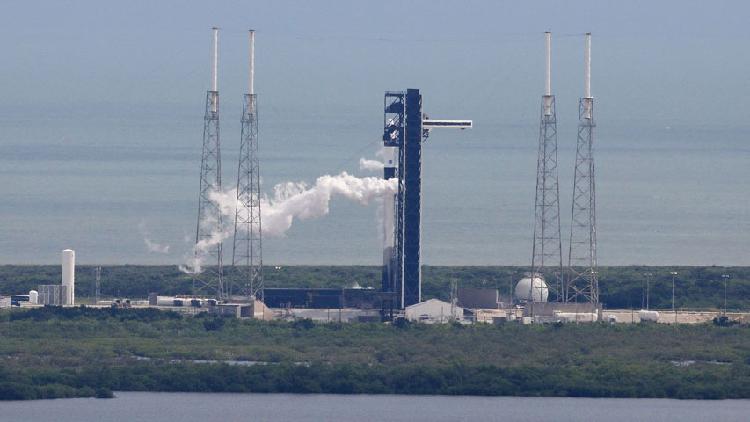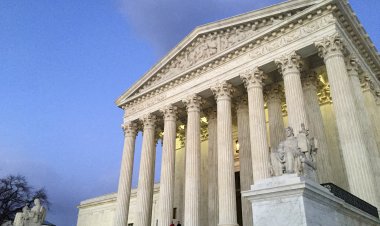For the Third Time in Three Months, the U.S. Grounds SpaceX's Falcon 9 Rocket
U.S. grounds SpaceX's Falcon 9 rocket for a third time in three months.

Following SpaceX's launch that sent two astronauts to the International Space Station (ISS) on Saturday, the rocket's booster, responsible for propelling the crew further into space, failed to properly re-ignite its engine for the "deorbit burn." This routine process is intended to dispose of the booster into the ocean after its flight.
Fortunately, the astronaut crew reached the ISS safely on Sunday, as planned. The FAA reported that there were no injuries or property damage associated with the booster failure.
However, the malfunction caused the booster to fall into a portion of the Pacific Ocean that was outside the designated safety zone approved for the mission by the FAA.
In response to the incident, SpaceX stated that the booster "experienced an off-nominal deorbit burn. As a result, the second stage safely landed in the ocean, but outside of the targeted area."
SpaceX added, "We will resume launching after we better understand the root cause," in a post on X.
This recent issue is the third incident to prompt an FAA grounding within the last three months. Prior to these occurrences, groundings of the Falcon 9, a vital rocket for much of the Western world’s access to space, were infrequent.
The first grounding happened in July due to a second-stage problem that resulted in SpaceX-built Starlink satellites being sent on a destructive orbital path, marking the company's first mission failure in over seven years. SpaceX was able to resume Falcon 9 flights 15 days later.
In August, another grounding occurred following the failure of a Falcon 9 first stage to land back on Earth. This incident did not impact the success of the mission, and the company was back to flying just three days later.
As SpaceX continues its engineering investigation, it is expected to seek FAA approval to resume flights, with regulatory oversight from the FAA. This agency has authority over rocket launches and re-entries, especially regarding potential impacts on public safety.
Since the start of 2024, SpaceX has been launching an average of two to three rockets each week. While Falcon 9's first stage is designed to be reused, its second stage is not.
The grounding comes at a tense moment for both SpaceX and the FAA, amid ongoing disputes over the pace of launch licensing regulations and fines the FAA has imposed on SpaceX for alleged violations of its Falcon launch licenses in 2023.
SpaceX has publicly expressed concerns about the FAA's slow approval of the license for Starship's fifth flight test, which aims to achieve much more ambitious objectives than previous tests.
Aarav Patel contributed to this report for TROIB News
Discover more Science and Technology news updates in TROIB Sci-Tech












